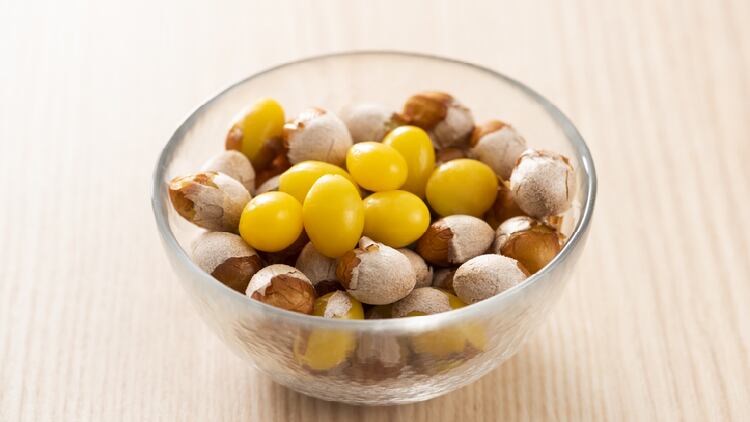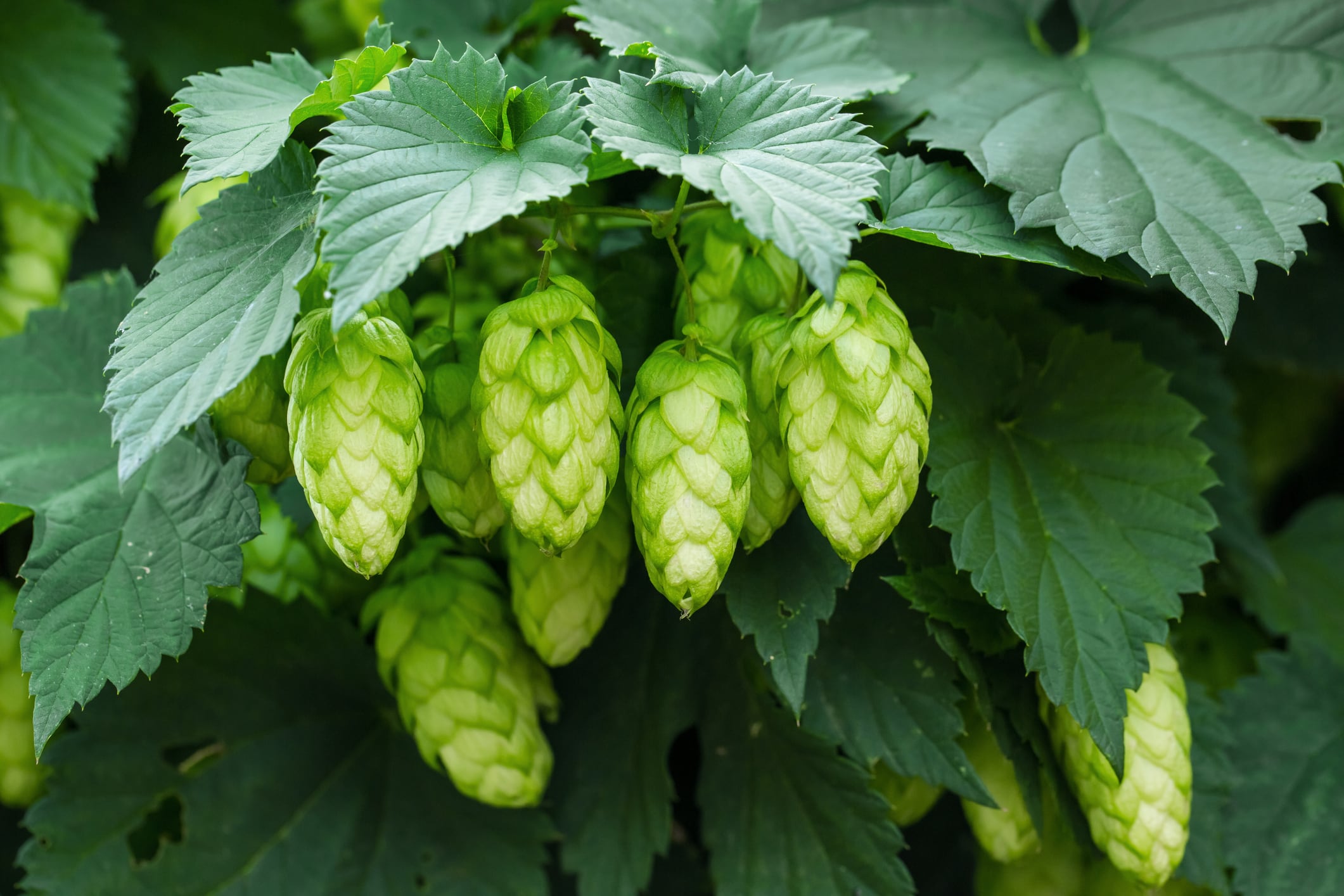The study, which was conducted by Japanese researchers, was recently published in the scientific journal Nutrients.
The ginkgo vinegar, a fermented product of ginkgo seed coat, was provided by the Ginkgo Vinegar Research Institute.
In the study, 25 mice were randomised into five groups. Four groups were fed with a high fat diet in which fat made up 60% of the calorie content.
The remaining group was fed with a standard chow diet.
All the mice were also fed with food and water which contained 2.5%, 5%, 7.5% or no ginkgo vinegar at all for 10 weeks.
The researchers then weighed the mice once fortnightly.
Findings showed that the greater the intake of gingko vinegar, the quicker the onset of weight gain suppression.
For instance, in mice fed with 7.5% of ginkgo vinegar, their weight gain was suppressed after 31 days of the experiment as compared to the control group.
In mice fed with 5% and 2.5% of ginkgo vinegar, their weight gain was suppressed after 45 days.
‘The present study demonstrated that ginkgo vinegar reduced the high fat diet-induced body weight gain of mice and suggested that at least a part of the effect is related to the suppression of adipocyte differentiation’, the researchers concluded.
They added that ginkgo seed coat, which was usually discarded due to its unpleasant odour and toxicity, could be a useful material for medicinal ingredients after going through fermentation.
Size of fat cells
Besides controlling weight gain, consuming gingko vinegar also led to a reduction in the size of fat cells in mice fed with high fat diet.
The effect of high fat diet on fat cell size was ‘nearly completely inhibited’ by drinking 5% of ginkgo vinegar, said the researchers.
Why?
Ginkgo vinegar was able inhibit the formation of fat cells by suppressing the expression of two proteins – C/EBPδ and PPARγ – which are responsible for adipocytes (fat cells) formation.
It also inhibited lipid accumulation in 3T3-L1 cells which were induced to become adipocytes.
The suppression of adipocytes formation was mainly due to the quercetin present in ginkgo vinegar.
This is because quercetin is able to inhibit the gene expression of C/EBPδ and PPARγ protein.
In comparison, other components in ginkgo vinegar, such as ginkgolide B and bilobalide, did not exert a significant effect on the gene expression of C/EBPδ and PPARγ.
Source: Nutrients
Anti-Obesity Effect of Ginkgo Vinegar, a Fermented Product of Ginkgo Seed Coat, in Mice Fed a High-Fat Diet and 3T3-L1 Preadipocyte Cells
DOI: 10.3390/nu12010230
Authors: Shugo Hosoda, et al





